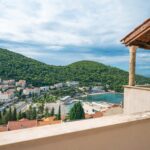The 2nd International Conference on Diaspora Tourism took place in Split on May 17, 2019. TCN meets some of the returning diaspora who have made a success of life in Croatia. Next up, John Gasparac, Country Managing Partner of PWC.
1. You are from Canada, returned to Croatia, something that many diaspora dream of doing. Tell us briefly about your journey.
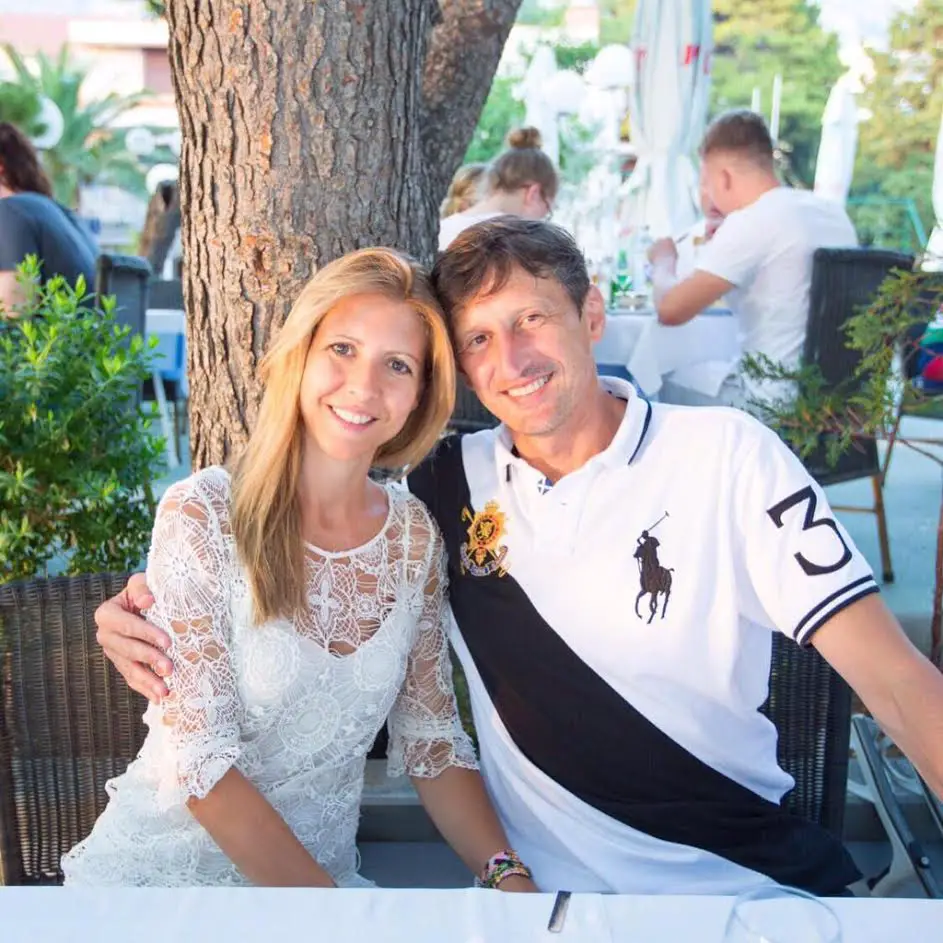
Initially, my decision to move to Croatia was not to become a returnee. I accepted a 2-year secondment to open the Price Waterhouse office in early 1997. I did not feel comfortable committing for more than two years. I came to Zagreb in January 1997, recently engaged (to my wife Maca, we were married later in 1997) – we both looked at the move as more of an adventure or life experience at the time.
However, as time went by, and the country developed, my career opportunity at PwC also blossomed. PwC is now 250 people strong and Maca and I have 3 children (Ivana 19, Marko 18 and Ivan 11), all of whom have grown up in Zagreb. My journey, like many others, illustrates anything is possible and diversity makes you stronger – I am Canadian, Maca is Australian born, Ivana and Marko were born in Canada, and Ivan was born in Zagreb. You can’t plan this!
2. Looking back, what were your hopes, expectations and fears about moving to Croatia?

I would say that my hopes were to have an unforgettable experience, career-wise but also from a general life perspective. In particular, improving my Croatian, travelling through Croatia and the rest of Europe, and of course, meeting new people as well as being closer to family I had never really spent much time with. I expected there to be challenges from a cultural perspective, especially in the office and with clients, but generally I looked forward to finding my place both in the office and socially. I think the only real fear, if I could call it that, was to not perform well at work.
Having said that, we came into the move believing it was temporary, and as time passed, those fears disappeared pretty quickly. In the end, reality has far exceeded any expectations I had ever had. I have met so many incredible people, travelled to many wonderful places and had more amazing experiences than I had bargained for, especially watching our Croatian National football team succeed on more than one occasion.
3. How supportive was your Croatian community back home at the time?

In Canada, the reaction was mixed. Many people were supportive and perhaps wish they had an opportunity to do the same, but I would say there were just as many saying it was crazy – what kind of life could I have there, especially since the war had ended only recently. My parents were even split on it – my father was thrilled, proud, encouraging me to make a life there. My mother, on the other hand, although not unsupportive, had many doubts and worries.
4. Many diaspora think of returning but few do. In truth, there is little information out there about real-life stories and help/info about the process. What advice do you have for those who are thinking about making the move?
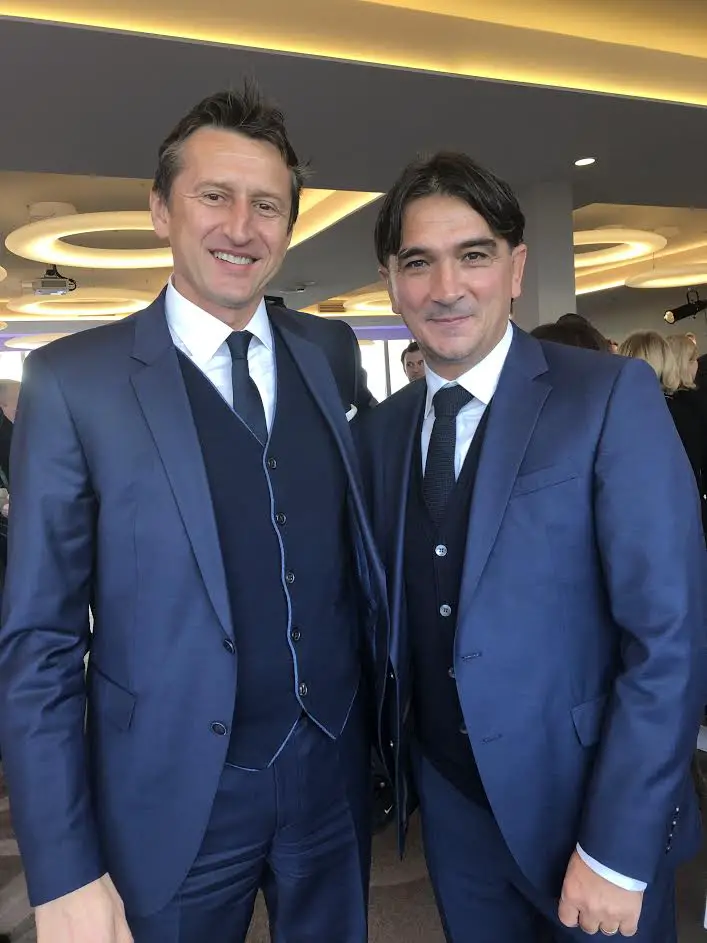
I think the best piece of advice I received at the time still holds true today. When you do move, the first 6 months, no matter what, will be the most difficult and unlike anything you have ever experienced before. In this time, you realise that you have left your entire life history behind you – friends, family, social activities – all the comforts you have in your home town – disappear, at least temporarily, when you first land.
So it is important to manage your own expectations – do some research (due diligence) to understand what processes are in place for newcomers – talk to people, even come visit, preferably not during the summer months, to get a feel for what everyday life is like. Even try to get a job, if only for a few months, to get a feel for the people, culture, possibilities. Consider what you would do back home – if you have children, consider which activities, sports, schools you would include them into. For me, simply the children growing up here provided plenty of opportunity to engage, and integrate with locals and the local opportunity. Generally, I have to say that today, it is much different than when I first came – from digitisation and connectivity, to improved and more efficient processes.
5. How were you perceived in Zagreb as diaspora moving back – was the welcome warm?

It was a mix. You have to take into account that when I arrived, the war was very fresh in people’s minds, and many of the people I was working with grew up in the previous regime. I was perceived by some as a threat, taking someone’s job. Some thought I was also crazy to come live there – all they wanted was to get out. There was even one person who was certain I was a spy!
It took over a year for all the theories to be dispelled and for most people to realise I was there to do a job and it was actually even good for them that I was there- it added credibility to the workforce. Mindset was also a point to note – I have been told several times that the thing people like about me (and my Canadian friends) is that we do the right thing because its the right thing to do, not because we have a specific ulterior motive.
6. Through a lot of hard work, you have been very successful, while many foreigners have given up and left Croatia. What are the keys to success in doing business in Croatia in your opinion?

There are many important keys to success, and I would say they are not too different to the rest of the world, when put in context. An open mind to new experiences/ideas, persistence, setting proper/realistic expectations, learning from failures, hiring quality people to name a few. In my experience, building strong personable relationships based on quality and trust, is perhaps the most important element. This takes time, it does not happen overnight. And all of the other factors impact or interact with this. However, these relationships (with clients, employees and the business community) over time also provide the basis for people to believe you aren’t going anywhere either – the continuity of staying in Croatia for several years and clearly demonstrating good intentions, for me, has above everything else, been the biggest key to success.
Further, I want to emphasise that my trust in good people has also paid dividends – and there are plenty of very good people in Croatia, who are interested in working in a market economy and using their skills and competencies to succeed. There is also the intangible element of taking clients to Croatian National Team football matches (such as last summer in Russia). This has proven to be the ultimate bonding experience and takes relationships to the next level.
7. What is the diaspora community like in Zagreb and how integrated is it with locals?
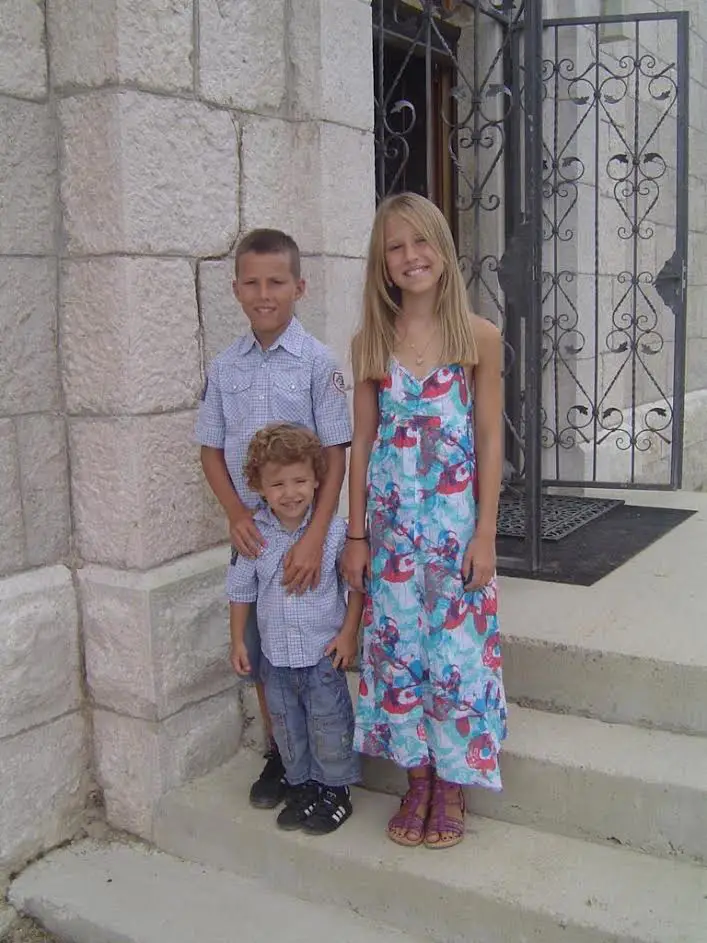
It is a diverse, somewhat fragmented community. It is not surprisingly primarily made up of Canadians, Australians and Americans although I do know some South Americans as well. Its a very nice blend of countries. There are some annual socials and events (such as independence days) and this gives us all opportunities to broaden our networks, share experiences, provide support to each other, as we do have very similar mindsets. I would say the diaspora is very integrated with locals – some through marriage but many through business, school, sports and general socialisation. It is imperative as there isn’t that many of us that we can simply function without integrating with locals.
8. And finally, a word on this conference. How was it for you, and what were the main take-home points?
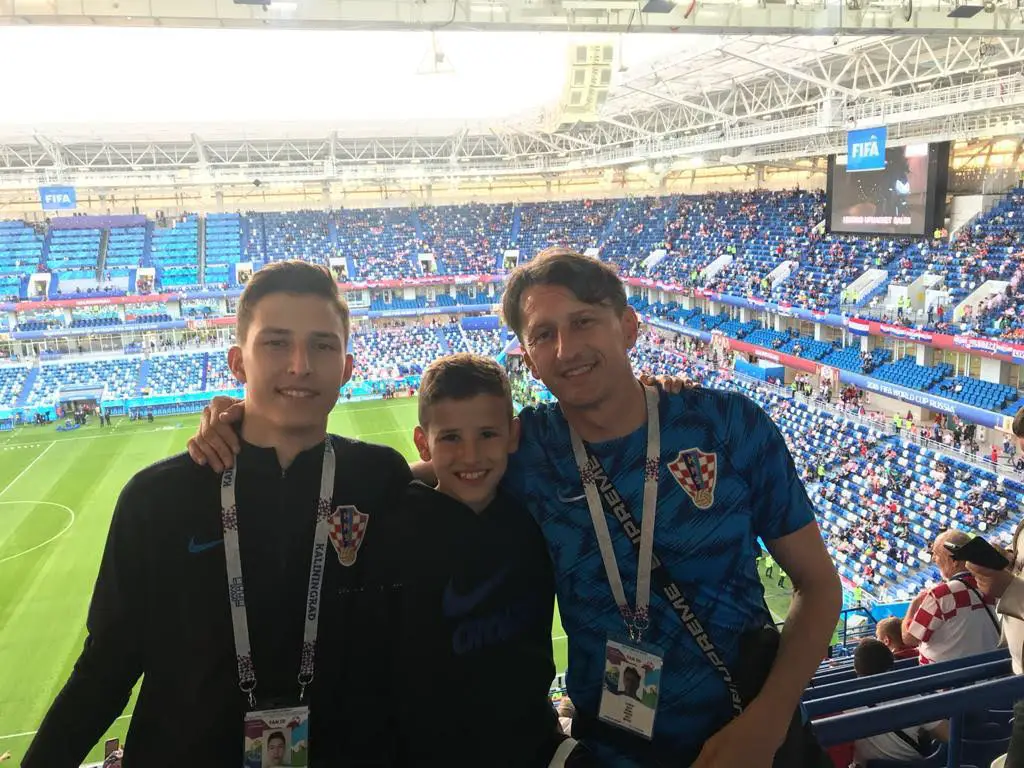
This was an excellent conference – both for its content but also for its timing. The themes were spot on and it drew on the experience of many successful returnees painting what I believe is a very realistic picture of the opportunities but also the challenges of living and doing business in Croatia. The timing was brilliant as Croatia is abundant with opportunities and a new wave of emigration could be the tipping point to bring them to fruition sooner rather than later.
What is important for me is that the conference provided a platform for returnees, who grew up in the diaspora – in very developed countries, to share their stories, their knowledge and experience with those who are thinking about moving and also for these same successful people to meet and start to create ideas, visions for the future, to lead and make Croatia a better place for generations to come.
For more on the Croatian diaspora, check out the TCN dedicated section.









